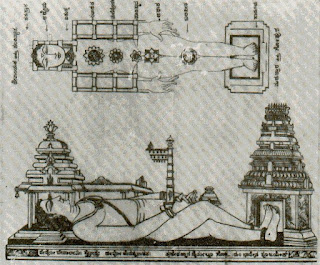Ever since 1854, when John Snow put cholera cases in London’s Soho district on a map for local authorities to show that a water pump was the likely source of the outbreak, the comparison and correlation of data have been at the heart of public health. The Health of Nations Index is very much in that tradition, and includes a number of relevant health risk factors. Selecting which data to use, however, is not always a straightforward task.
Of course, some health risks are clear. The long-proven link between smoking and cancer, heart disease and lung conditions makes smoking prevalence an obvious item to include. Clean water is, if anything, even more important. According to a 2006 UN Development Programme report, unclean water is the world’s second-largest killer of children. Unsurprisingly, in this index the two countries with the worst infant mortality rate—Nigeria (97 per 100,000 population) and Kenya (80 per 100,000)—also have by far the lowest access to improved water among the rural population (30% and 49% respectively) and the worst and third-worst access among urban dwellers (65% and 85%).
Of course, some health risks are clear. The long-proven link between smoking and cancer, heart disease and lung conditions makes smoking prevalence an obvious item to include. Clean water is, if anything, even more important. According to a 2006 UN Development Programme report, unclean water is the world’s second-largest killer of children. Unsurprisingly, in this index the two countries with the worst infant mortality rate—Nigeria (97 per 100,000 population) and Kenya (80 per 100,000)—also have by far the lowest access to improved water among the rural population (30% and 49% respectively) and the worst and third-worst access among urban dwellers (65% and 85%).
Measuring a risk properly, however, can require careful consideration. Wealth and health outcomes are certainly linked, but not in a linear way. Comparisons of GDP per head and life expectancy—two useful raw measures—typically show a linear relationship, with rapid improvements in the latter until average income reaches several thousand dollars, and then much slower growth. It is therefore more useful to include the percentage of the very poor in a society, those earning less than US$1 per day, than overall wealth. For countries where this figure is above 2%, there is a marked impact on life expectancy over 60 years of age.
More problematic still, however, are health risks which are clearly important but for which the data are simply not widespread enough to use in a comparative index. The increase in obesity across much of the world is clearly an important health risk, but with accurate figures available for only one-half of the 50 countries in the study, it had to be excluded.











.jpg)
Comments
Post a Comment
please enter true details, otherwise do not waste your time and our space